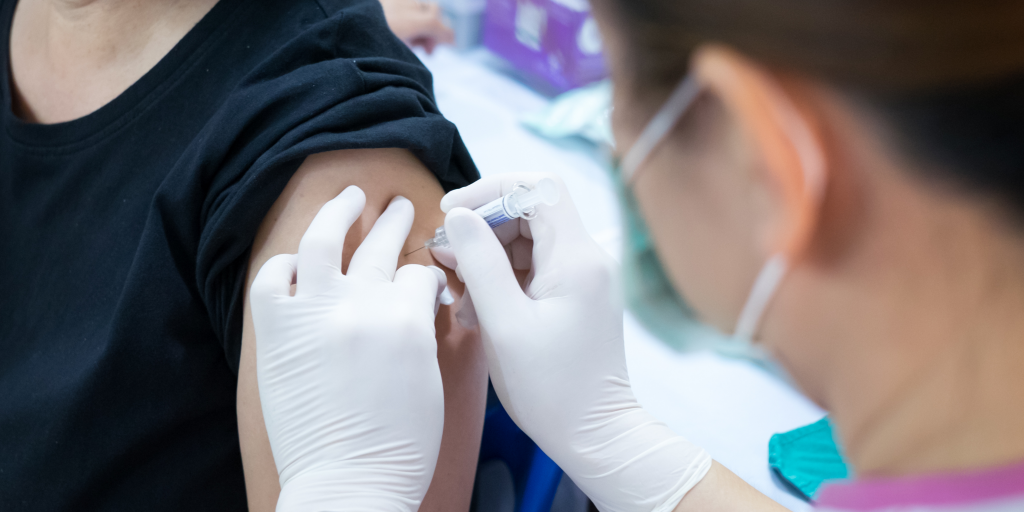Amidst the Omicron COVID-19 wave and with our governments shortening booster dose intervals, many businesses are encouraging their employees and customers to get either vaccinated or get their booster dose by offering rewards or incentives. While this is an effective way to help employees and customers stay safe and businesses to stay open, it’s important to consider that there may be some tax consequences involved.
Tax Implications
If your business provides free or discounted goods, services, vouchers, gift cards, rewards points or other non-cash benefits to everyone who has had their COVID-19 vaccinations, those benefits will not be subject to FBT, even if your employees take part in the program. This is because the benefit isn’t provided in respect of your employees’ employment. Providing these types of non-cash benefits only to your employees may be subject to FBT; however, a benefit with a value under $300 may qualify for a minor benefit exemption.
If a non-cash benefit provided to your employees doesn’t qualify for the minor benefit exemption, a reduction in taxable value of FBT may be available if the benefit is an “in-house” one. Generally, an in-house benefit is something identical or similar to the benefits you provide to customers in the ordinary course of business – for example, clothes given by a clothing retailer.
TIP: If your business provides transport or pays for an employee’s transport to get their COVID-19 vaccination or booster, the travel would be considered work-related preventative health care, which is exempt from FBT.
If you give your employees a cash payment for getting vaccinated, your business will need to report it via Single Touch Payroll (STP) as part of each employee’s salary or wages, withhold tax from the amount under PAYG withholding, and include the amount in each employee’s ordinary time earnings for the purposes of determining super contributions.



